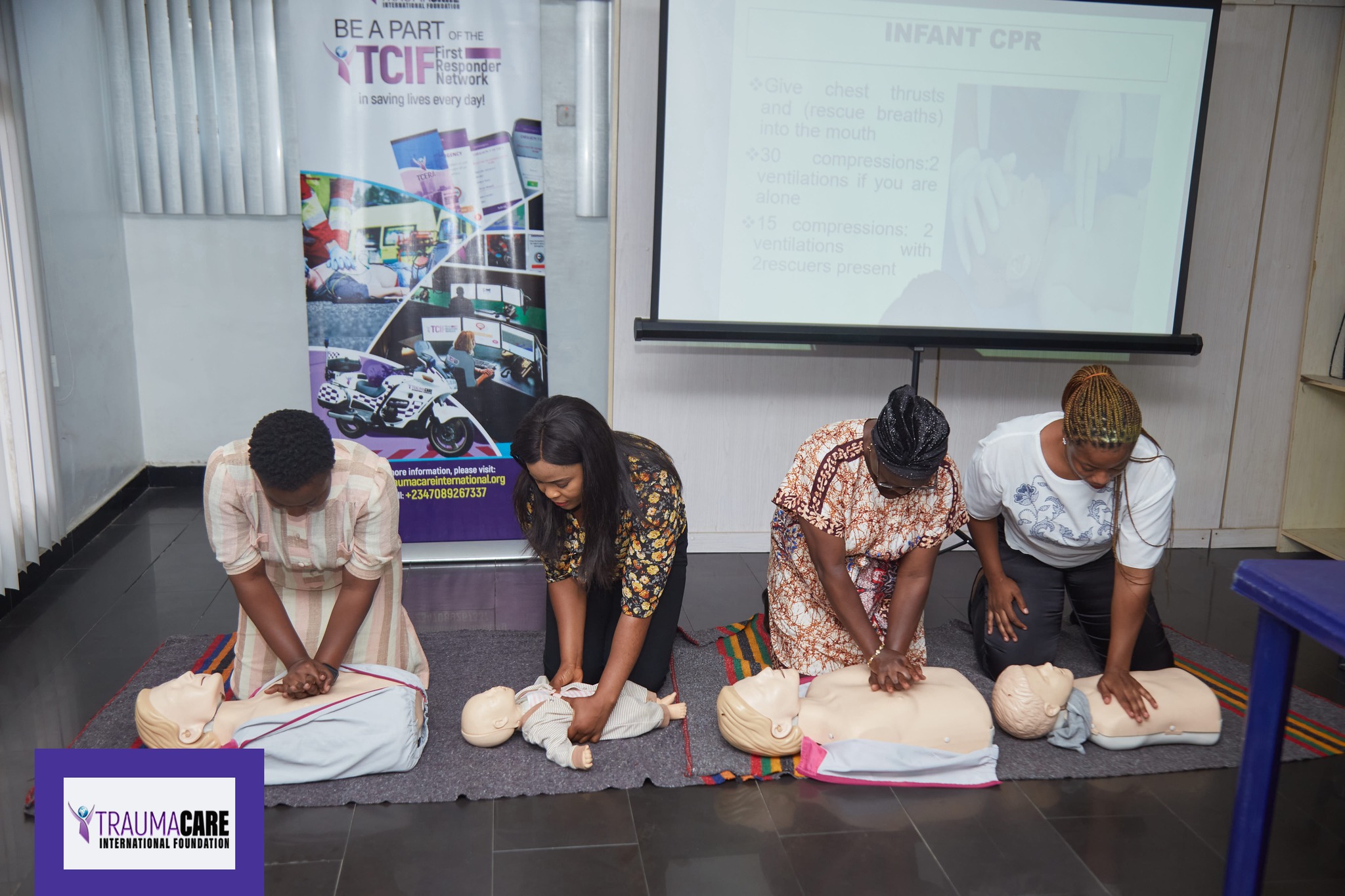Imagine you’re at a shopping mall, at work, or even at home—and someone suddenly collapses. They’re not breathing. Their heart has stopped. Would you know what to do? Cardiopulmonary resuscitation (CPR) is a life-saving skill that anyone, not just doctors or nurses, can and should learn. In fact, your actions in those first few minutes can be the reason someone survives.
What is CPR and Why Is It So Important?
CPR is a basic emergency procedure that helps keep blood and oxygen flowing when someone’s heart or breathing stops. It can be needed in situations like cardiac arrest, drowning, choking, drug overdose, or severe trauma.
When the heart stops, the brain starts dying in just a few minutes. Without quick action, the chances of survival drop dramatically. But when CPR is started right away, it can double or even triple a person’s chance of making it.
Cardiac Arrest Isn’t the Same as a Heart Attack
Many people think cardiac arrest and heart attacks are the same—but they’re not. A heart attack happens when blood can’t get to part of the heart muscle, but the heart usually keeps beating. In cardiac arrest, the heart suddenly stops beating altogether, cutting off oxygen to the brain and vital organs.
Cardiac arrest can strike without warning, and it can happen to anyone, anytime, anywhere. That’s why knowing CPR is such a powerful skill. It allows you to step in during those critical minutes before an ambulance arrives.
The Chain of Survival: Acting Fast Saves Lives
There’s a well-known concept in emergency response called the "Chain of Survival." Each step strengthens the person’s chances:
1.) Recognize the emergency and call for help.
2.) Start CPR immediately.
3.) Use an AED (if available) to restart the heart.
4.) Let EMS professionals take over once they arrive.
5.) Post-cardiac care to support recovery.
Skipping any of these steps can reduce the person’s chances of survival. But knowing how to act can keep someone alive until help arrives.
You Don’t Need to Be a Medical Expert
One of the best things about CPR is that anyone can learn it. You don’t need a medical degree to save a life. From high school students to office workers, everyone benefits from knowing what to do in an emergency.
Ready to Learn?
Taking a CPR class or online course is a small investment of time that can make a huge difference. You never know when you might need it—but when the moment comes, you’ll be glad you’re prepared.





What do you think?
0 Responses
To Comment, you must Sign In
Be the First to Post on this Topic